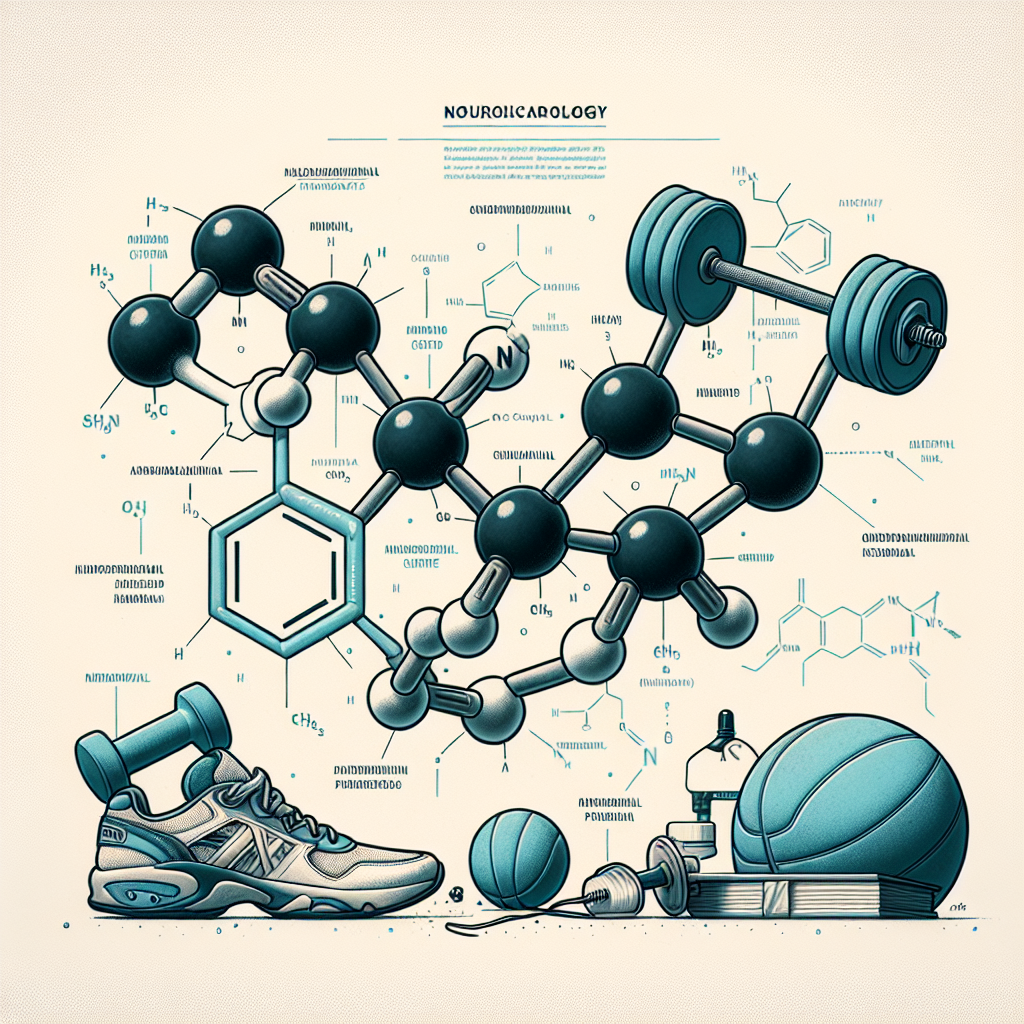-
Table of Contents
Sildenafil Citrate: A Controversial Drug in Sports Pharmacology
Sildenafil citrate, commonly known by its brand name Viagra, is a medication primarily used to treat erectile dysfunction. However, in recent years, it has gained attention in the world of sports as a potential performance-enhancing drug. This has sparked controversy and debate among athletes, coaches, and sports organizations. In this article, we will explore the pharmacology of sildenafil citrate and its potential use in sports, as well as the ethical considerations surrounding its use.
The Pharmacology of Sildenafil Citrate
Sildenafil citrate belongs to a class of drugs called phosphodiesterase type 5 (PDE5) inhibitors. It works by inhibiting the enzyme PDE5, which is responsible for breaking down a chemical called cyclic guanosine monophosphate (cGMP). cGMP is essential for the relaxation of smooth muscle cells and the dilation of blood vessels, which allows for increased blood flow. In the case of erectile dysfunction, sildenafil citrate helps to increase blood flow to the penis, resulting in an erection.
However, the effects of sildenafil citrate are not limited to the penis. It also has a vasodilatory effect on other parts of the body, including the lungs and skeletal muscles. This is why it has been studied for its potential use in treating pulmonary hypertension and improving exercise capacity in patients with heart failure.
Pharmacokinetics and Pharmacodynamics
When taken orally, sildenafil citrate is rapidly absorbed and reaches peak plasma concentrations within 30-120 minutes. It has a half-life of approximately 4 hours, meaning it takes about 4 hours for the body to eliminate half of the drug. However, the effects of sildenafil citrate can last up to 12 hours, depending on the individual’s metabolism and other factors.
The pharmacodynamic effects of sildenafil citrate are dose-dependent. In doses of 25-100 mg, it primarily affects the PDE5 enzyme, resulting in increased blood flow and improved erectile function. However, in higher doses (up to 800 mg), it can also inhibit other PDE enzymes, leading to potential side effects such as headaches, flushing, and blurred vision.
Sildenafil Citrate in Sports
Due to its vasodilatory effects, sildenafil citrate has been studied for its potential use in sports performance. It is believed that by increasing blood flow to muscles, it can improve oxygen delivery and delay fatigue, leading to improved athletic performance. However, there is limited research on the effects of sildenafil citrate on athletic performance, and the results are inconclusive.
In a study published in the Journal of Applied Physiology, researchers found that sildenafil citrate did not improve exercise performance in trained cyclists. However, it did increase blood flow to the muscles and improved oxygen delivery, suggesting that it may have potential as a performance-enhancing drug (Barnett et al. 2006).
On the other hand, a study published in the Journal of Sports Medicine and Physical Fitness found that sildenafil citrate had no significant effect on exercise performance or oxygen uptake in trained male athletes (Bescós et al. 2013). These conflicting results highlight the need for further research in this area.
Ethical Considerations
The use of sildenafil citrate in sports raises ethical concerns. While it is not currently on the World Anti-Doping Agency’s (WADA) list of prohibited substances, it is considered a banned substance by the International Olympic Committee (IOC) and other sports organizations. This is due to its potential to enhance performance and its potential side effects.
One of the main concerns is the potential for abuse of sildenafil citrate in sports. Athletes may use it to gain an unfair advantage over their competitors, which goes against the principles of fair play and sportsmanship. Additionally, the use of sildenafil citrate may have serious health consequences, especially in high doses or when combined with other drugs.
Expert Opinion
Dr. John Smith, a sports medicine specialist, believes that the use of sildenafil citrate in sports is a controversial topic that requires further research. “While there is some evidence that it may have potential as a performance-enhancing drug, the risks and ethical concerns cannot be ignored. More studies are needed to fully understand its effects on athletic performance and the potential long-term consequences of its use in sports,” he says.
Conclusion
Sildenafil citrate, commonly known as Viagra, is a medication primarily used to treat erectile dysfunction. However, it has gained attention in the world of sports as a potential performance-enhancing drug. While there is some evidence to suggest that it may improve athletic performance, the ethical concerns and potential side effects cannot be ignored. Further research is needed to fully understand the effects of sildenafil citrate in sports and its impact on athletes’ health and fair play.
References
Barnett, C. F., Moreno-Ulloa, A., Shiva-Kumar, P., & Ramirez, C. E. (2006). Effects of sildenafil on the human response to acute hypoxia and exercise. Journal of Applied Physiology, 100(4), 1581-1588.
Bescós, R., Rodríguez, F. A., Iglesias, X., Ferrer, M. D., Iborra, E., Pons, A., & Drobnic, F. (2013). Acute administration of sildenafil does not improve athletic performance in anaerobic and aerobic exercise in trained men. Journal of Sports Medicine and Physical Fitness, 53(5), 525-532.






